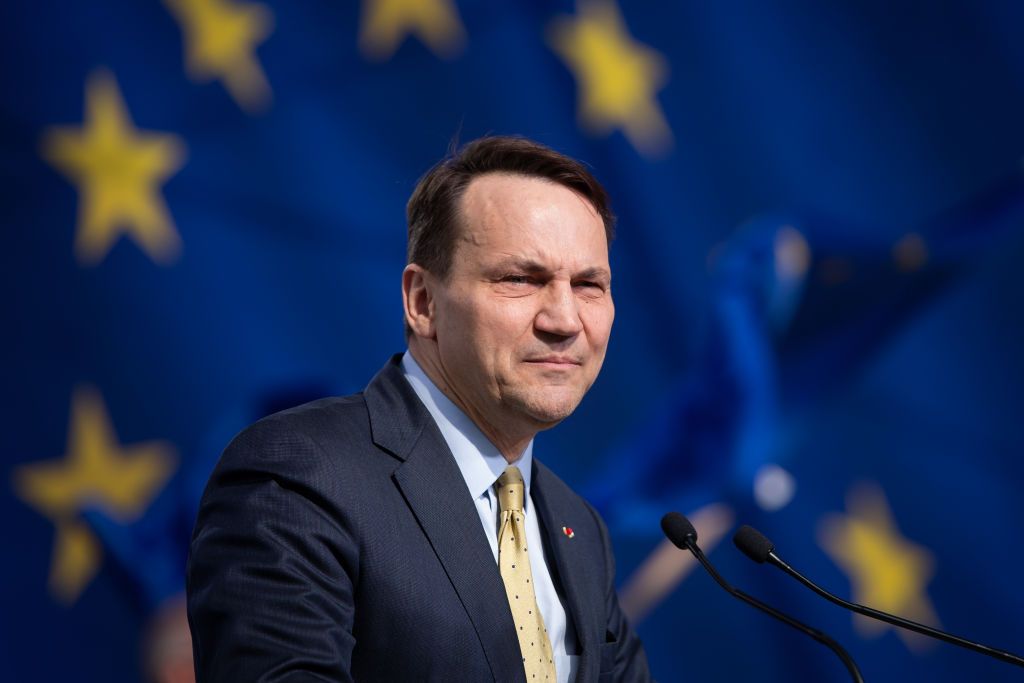Hungary deploys air defenses near Ukraine, cites war escalation after US allows strikes in Russia

Hungary is deploying air defense systems near the Ukrainian border, citing increased risks after the West allowed the use of long-range weapons inside Russian territory, Defense Minister Kristof Szalay-Bobrovniczky said on Nov. 20.
The minister ordered the deployment of air defense systems in the country's northeastern regions, saying that "the war has entered its most dangerous phase."
Szalay-Bobrovniczky attributed this escalation namely to the easing of restrictions on Ukrainian strikes with Western arms and linked it to Russian President Vladimir Putin's approval of an updated nuclear doctrine.
This decision comes after two Russian missiles were shot down on Nov. 17 in Zakarpattia Oblast, Ukraine's westernmost region bordering Hungary and home to an estimated 75,000 ethnic Hungarians.
On that occasion, Hungarian Foreign Minister Peter Szijjarto said that it was necessary to "strengthen efforts to bring peace" as "each day brings with it the risk of escalating war."
Budapest has consistently criticized and obstructed Western military support for Ukraine, claiming it would lead to an escalation, and has maintained warm ties with Moscow throughout the full-scale war.
Previously, Russian drones and missiles launched during strikes on Ukraine have crossed into the airspace of other countries, namely Poland, Latvia, Romania, Moldova, and Belarus.
The latest development in Hungary follows a series of increasingly strong resolutions by Ukraine's Western allies.
After U.S. Secretary of State Antony Blinken pledged that the Biden administration would bolster support for Kyiv before the inauguration of President-elect Donald Trump, President Joe Biden on Nov. 17 allowed Ukraine to use ATACMS missiles to strike deep inside Russian territory.
Ukraine reportedly used ATACMS missiles to strike a Russian military arsenal in Bryansk Oblast on Nov. 19 and allegedly also used U.K.-supplied Storm Shadow on Nov. 20, marking the first instance of these weapons being used on Russian soil.
Other Western allies have expressed their position on their own supplied weapons.
French Foreign Minister Jean-Noel Barrot said on Nov. 18 that Paris "remained open" to allowing Ukraine to use French long-range missiles to strike military targets inside Russia, reported Le Monde.
Italian Prime Minister Giorgia Meloni said that she "understands" the U.S. response to Russia, but Rome makes a "different choice" and focuses on air defenses for Ukraine.










